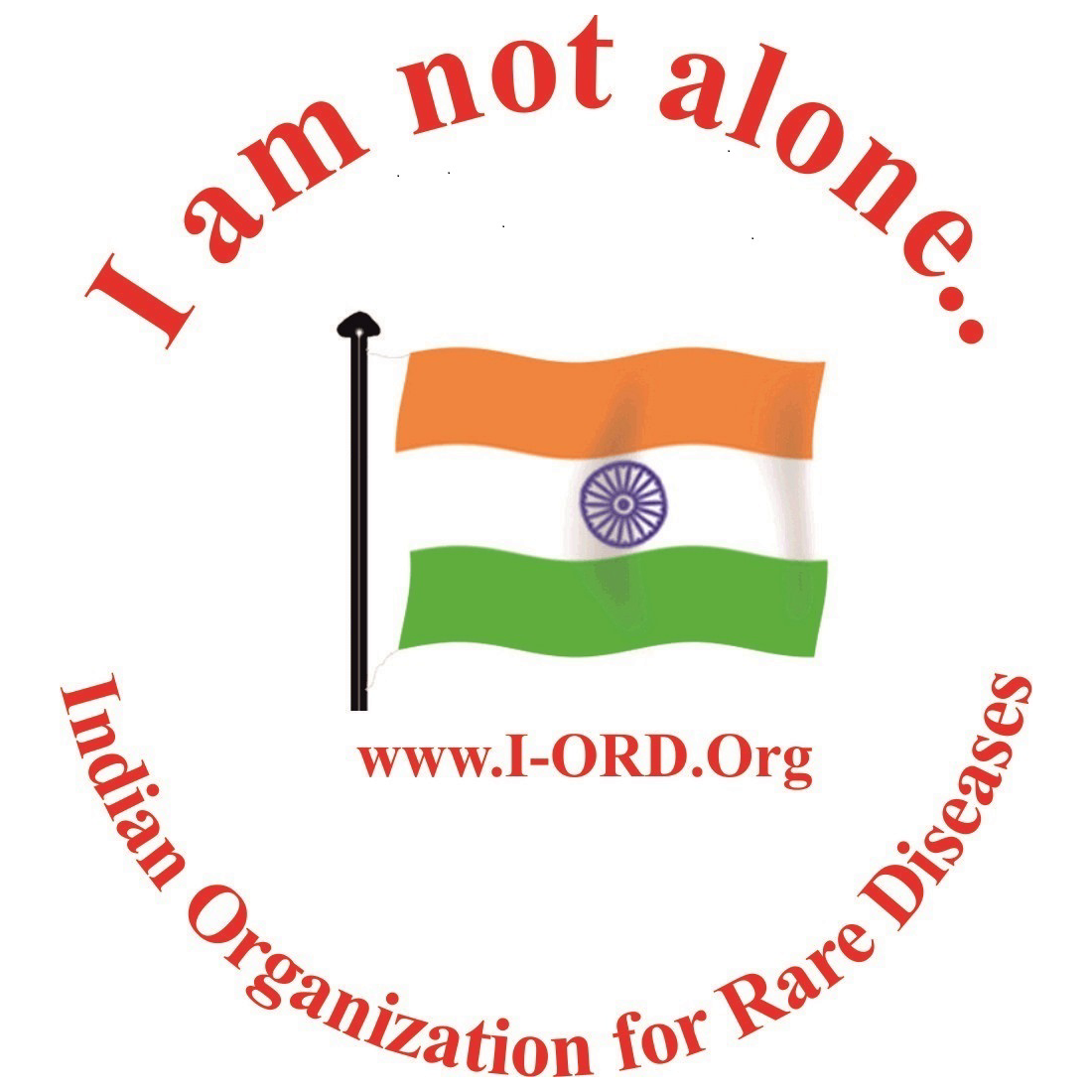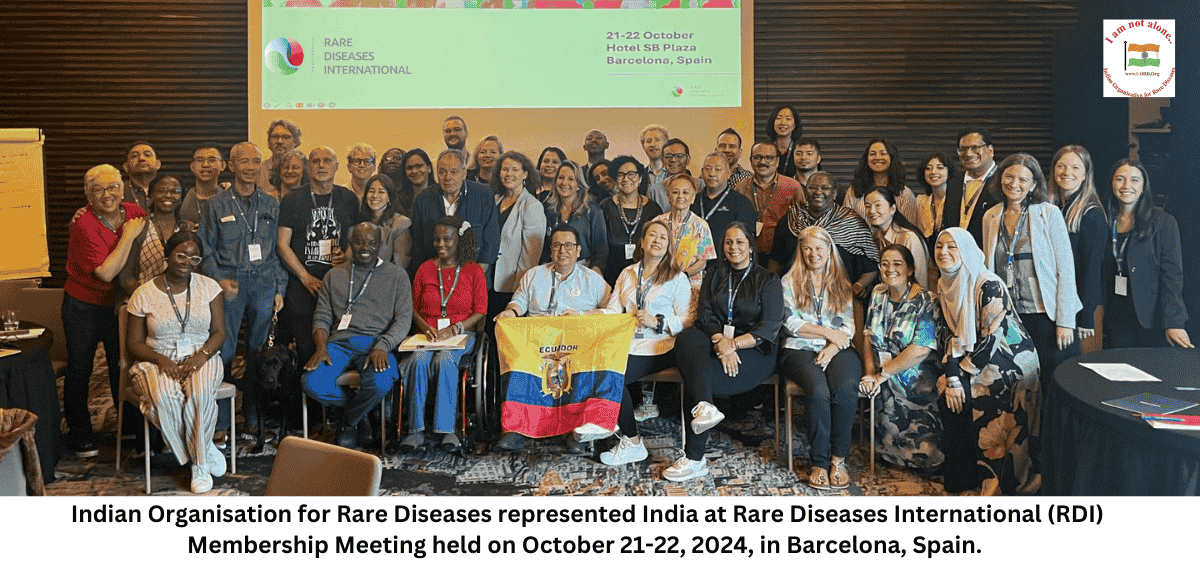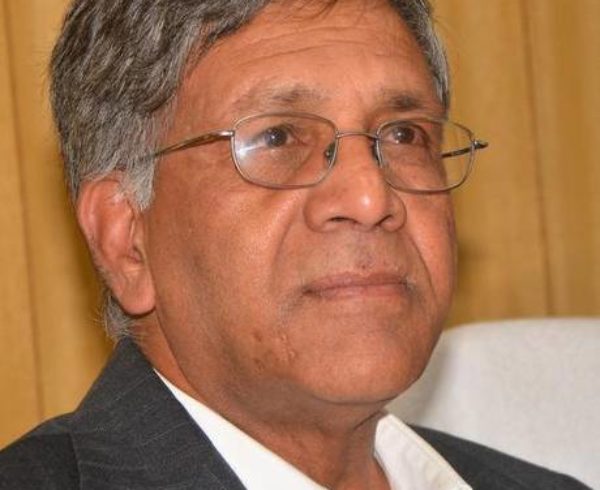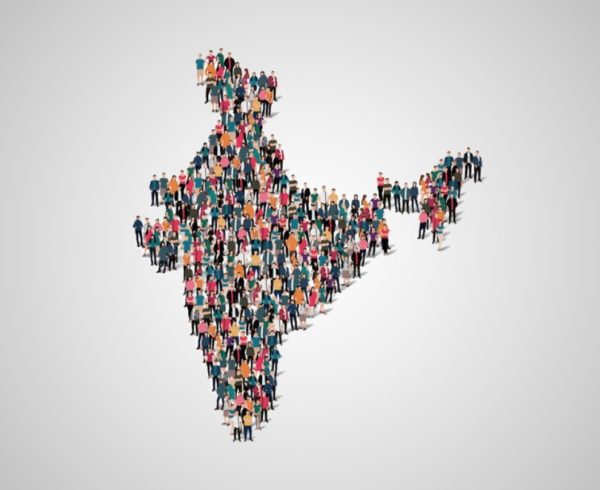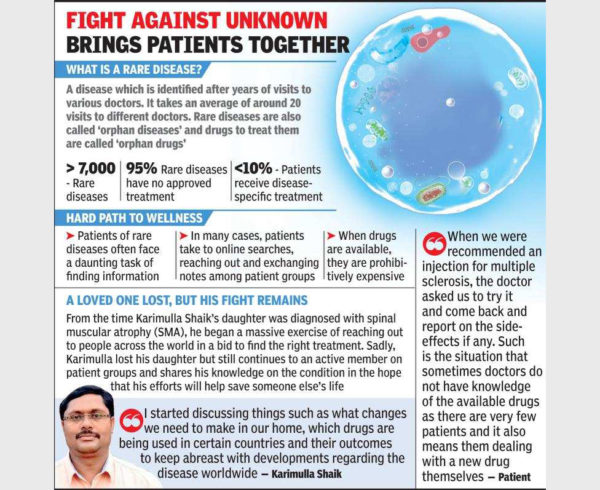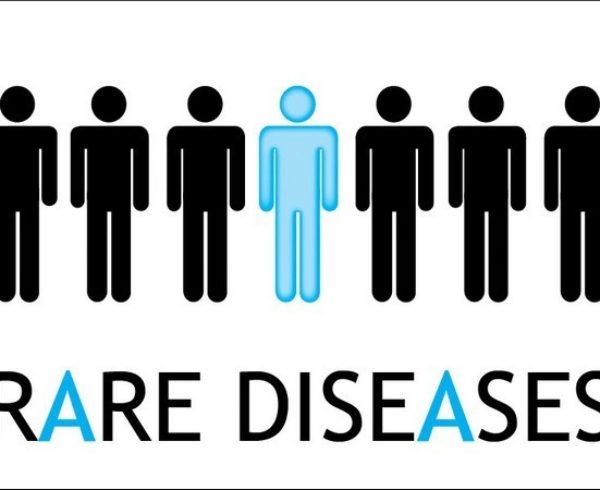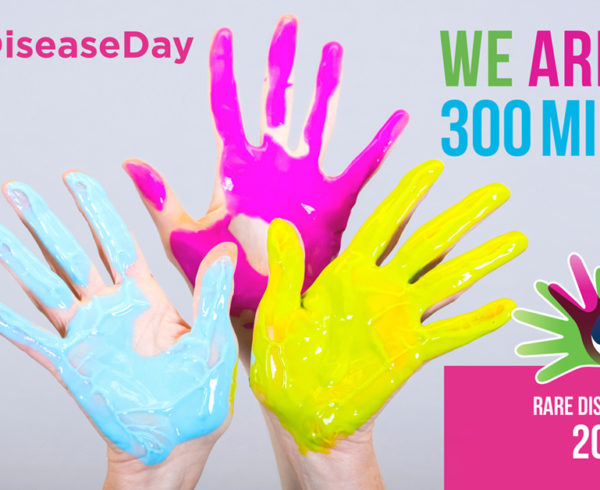Barcelona, Spain – There is a need for continued collaboration and innovation to create a more equitable healthcare landscape for individuals living with rare diseases in India, said Krishnaji Rao Muthyala, Secretary of the Indian Organization for Rare Diseases (IORD).
He was addressing global advocates at the Rare Diseases International (RDI) Membership Meeting held on October 21-22, 2024, in Barcelona, Spain. The event brought together patient-driven organizations from around the world to discuss pressing issues and define priorities for the global rare disease community.
IORD, a not-for-profit umbrella organization, focuses on raising awareness and advocating for patients affected by rare conditions in India. Muthyala highlighted the organization’s mission to influence public policy, promote orphan drug development, and foster collaboration among stakeholders, including pharmaceutical leaders, healthcare professionals, and diagnostic experts.
In his address, Mr. Muthyala stressed that RDI Membership Meeting serves as a crucial platform for discussing the Action Plan and prioritizing initiatives that can enhance the lives of individuals affected by rare diseases globally.
He emphasized the urgent need for increased awareness and support for rare diseases in India, where the impact extends beyond individuals to affect the nation’s workforce.
He detailed several key achievements of IORD, including:
Awareness of the Orphan Drug Act:
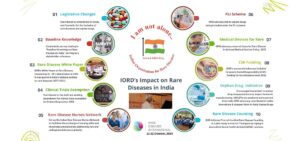
The Indian Organization for Rare Diseases (IORD) has focused on raising awareness of the Orphan Drug Act in India to address the challenges posed by rare diseases. A significant percentage of the population in India is becoming unproductive due to these conditions, resulting in a loss of national human resources. Consequently, IORD has taken on the responsibility of spreading awareness among the general public, patient groups, policymakers, NGOs, and industry stakeholders.
Legislative Advocacy:
- IORD contributed to the amendment of the Drugs and Cosmetics Act to include rare diseases and orphan drugs.
- To further its mission, IORD conducted a survey leading to the report “Baseline Knowledge on Rare Diseases in India,” which serves as a valuable reference for stakeholders. The survey revealed alarming findings: 43% of health professionals had not seen rare disease patients, and a significant number of practicing physicians had never encountered a single rare disease patient throughout their careers.
- The Indian government has waived basic customs duties on drugs and food items prescribed for special medical purposes that are imported for the treatment of rare diseases listed under the National Policy for Rare Diseases, 2021.
Orphan Drug Advocacy:
- IORD has encouraged investment in orphan drug compassionate use, import licensing, and manufacturing; as a result, 450 active pharmaceutical ingredients (APIs) are produced and exported from India.
- IORD’s advocacy led to the inclusion of orphan drugs under the ₹15,000 crore Production-Linked Incentive (PLI) scheme.
Nurses Network: IORD established the Indian Rare Disease Nurses Network to facilitate the exchange of skills and knowledge among nurses addressing rare and undiagnosed diseases globally.
Policy Changes:
- The organization has secured waivers on basic customs duties for drugs and medical supplies designated for rare diseases, improving access for patients in need.
- IORD’s advocacy has also ensured that rare diseases are prioritized in the National Medical Devices Policy, 2023.
- IORD contributed to the draft law seeking an amendment for clinical trials exemption for orphan drugs, a process that has been ongoing since 2019.
Pilot Projects: IORD is initiating a population counting project in Khammam, Telangana, to better understand the prevalence of rare diseases, in collaboration with local health authorities and the Rare Care Centre in Australia.
CSR Advocacy in Rare Diseases: IORD’s successful advocacy efforts have secured Corporate Social Responsibility (CSR) funding for rare diseases since 2022.
First Rare Disease White Paper:
IORD’s White Paper on Rare Diseases, released by former President of India Dr. APJ Abdul Kalam in 2015, has been cited in India’s national policies on rare diseases (2017-2021). In his message at the National Conference on Raising Awareness of Rare Diseases, Dr. Kalam advocated for increased collaboration and innovation in research, particularly in genetic therapies and genome editing, which hold promise for treating these conditions.
He stressed the importance of forming partnerships between patients and healthcare providers, establishing disease registries, and fostering engagement with the pharmaceutical industry to enhance research efforts.
Public Awareness: IORD’s survey on the Baseline Knowledge of Rare Diseases in India revealed that 43% of healthcare professionals in India have never encountered a rare disease patient, underscoring the necessity for greater education and outreach efforts.
